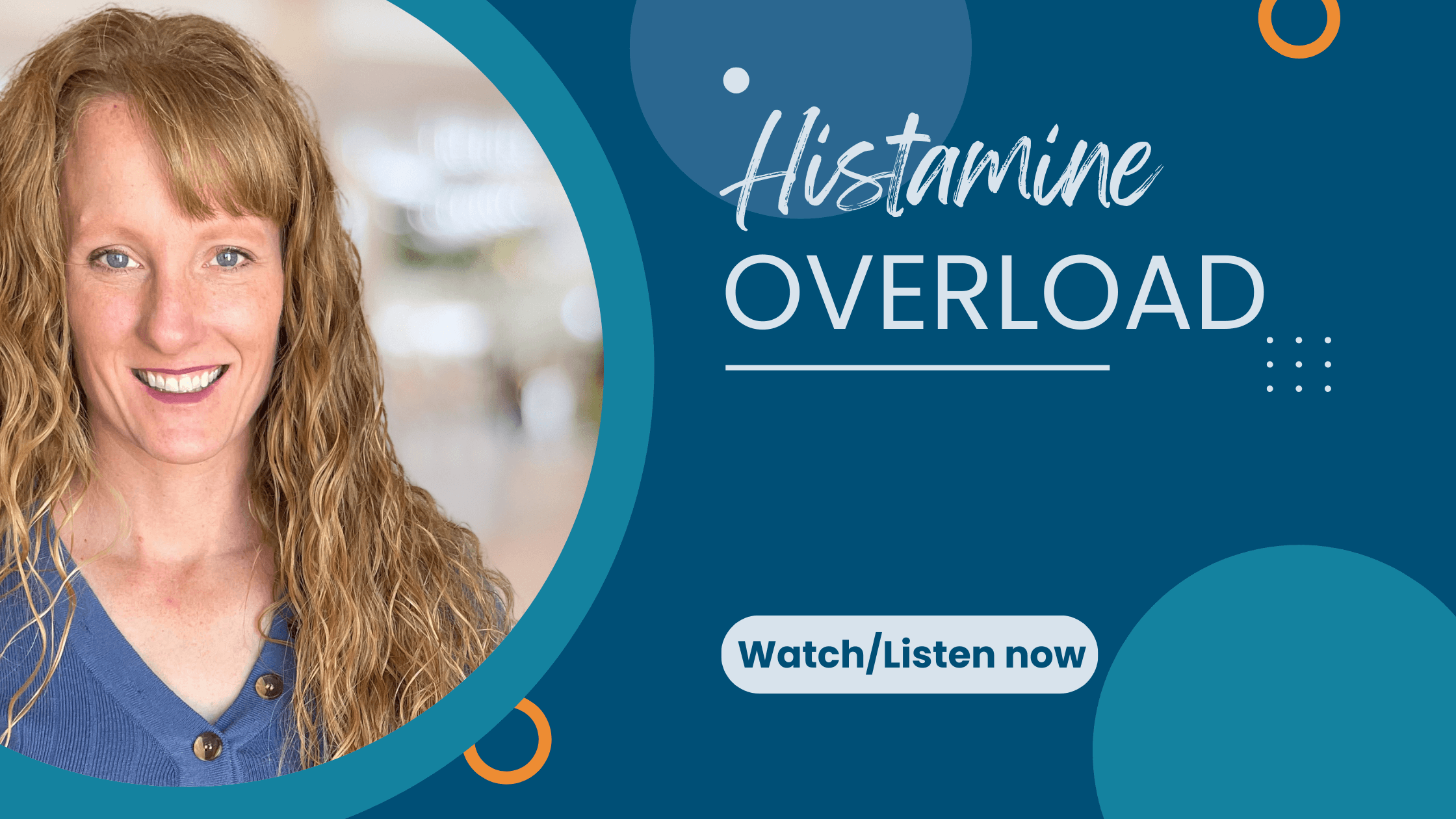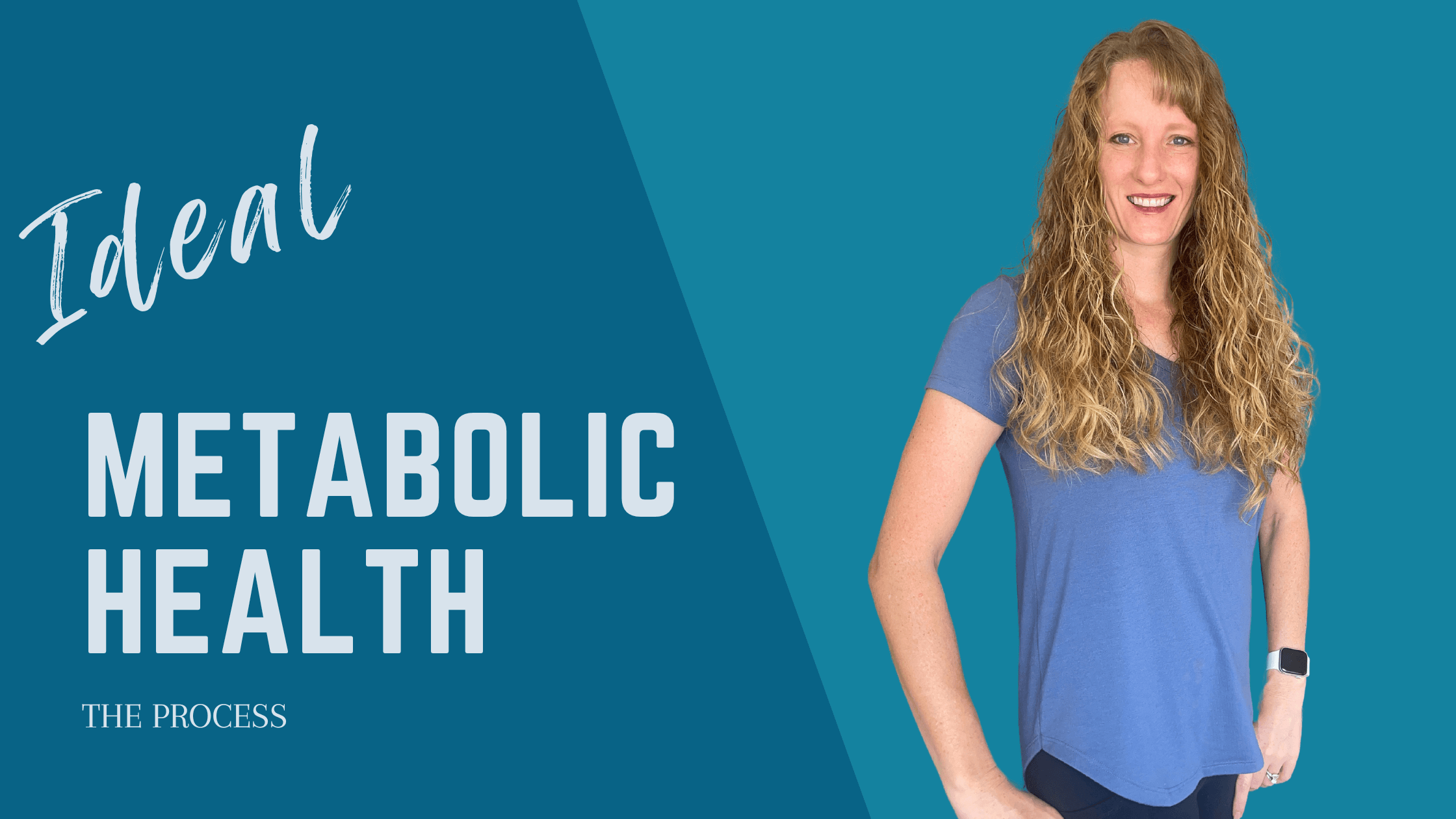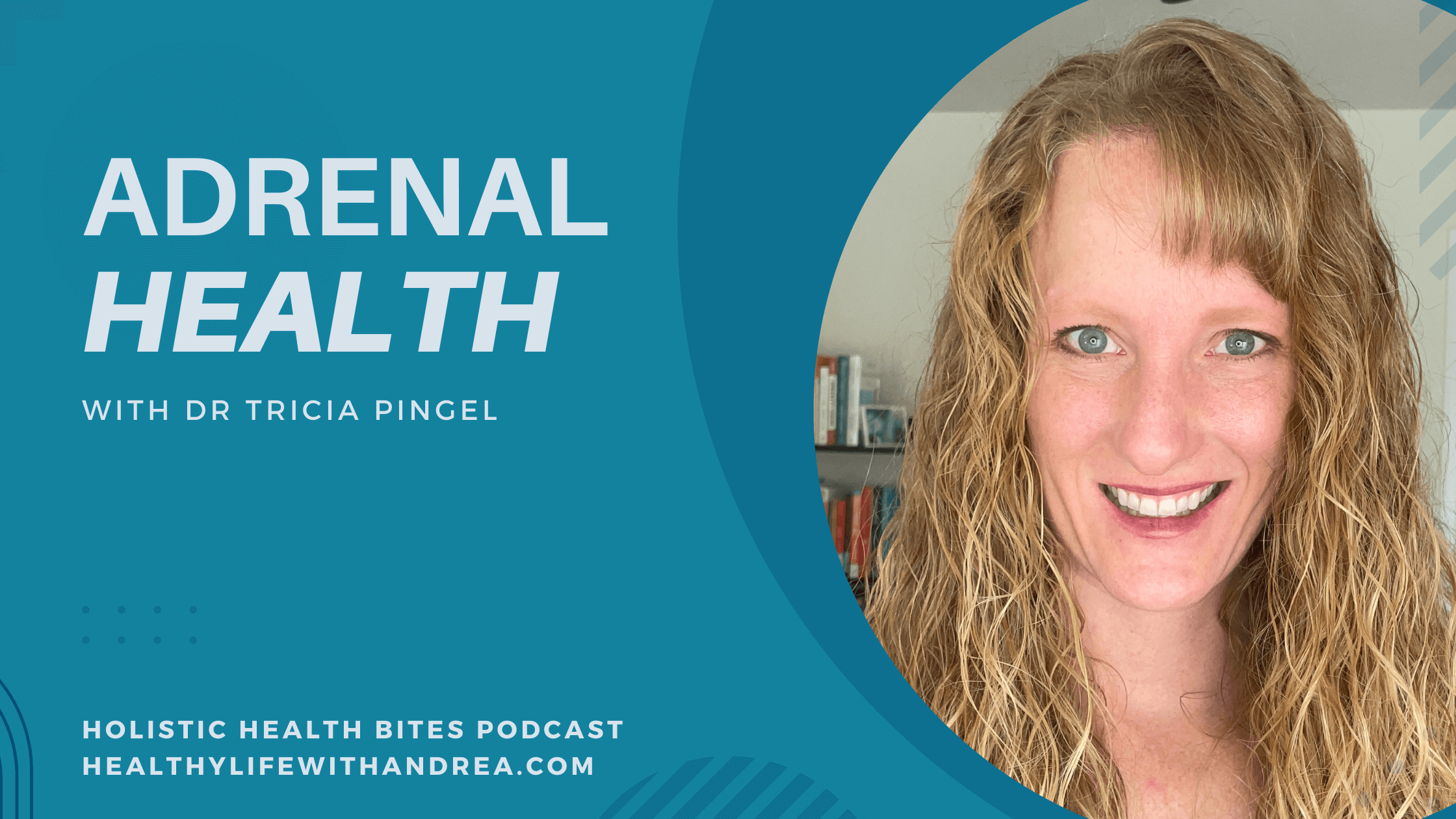
Inadequate sleep is a prevalent issue, with many turning to medication or aids, while the financial impact of tired workers is substantial. To improve sleep, we'll discuss four essential pillars: Circadian Rhythm, Glycemic Regulation, Stress, and Sleep Hygiene. These elements involve aligning sleep with natural body cycles, managing blood sugar levels to prevent sleep disturbances, reducing stress, and adopting healthier bedtime habits.
Circadian rhythms are critical for regulating sleep patterns, heavily influenced by light. Disruptions like shift work, inconsistent sleep schedules, and excessive blue light exposure can harm these rhythms, affecting overall health. Addressing blood sugar fluctuations is also vital, as imbalances can lead to nighttime awakenings and elevated cortisol levels, disrupting the natural sleep cycle.
Stress profoundly affects sleep through hormone imbalances and neurotransmitter disruptions, exacerbated by various stress triggers. Establishing good sleep hygiene promotes better rest, involving reducing device usage before bed, maintaining a consistent sleep routine, and creating a calming pre-sleep environment. While supplements can aid particular challenges, the primary focus should be on sustainable nutrition and lifestyle adjustments for lasting sleep improvements.
Read more...
Histamine is an inflammatory mediator crucial for immune function, helping the body respond to threats like allergens and bacteria. However, issues arise when our bodies can't break down excess histamine, leading to histamine overload. This condition can result from high-histamine foods, natural internal production by immune cells, or contributions from the gut microbiome.
Our bodies use enzymes like Diamine Oxidase (DAO) and Histamine N-methyltransferase (HNMT) to process and eliminate histamine. DAO breaks down histamine from foods, with its effectiveness relying on factors like genetics and nutrient availability, while HNMT neutralizes histamine in the brain and central nervous system. Symptoms of histamine overload vary widely due to histamine receptors' presence throughout the body, potentially manifesting as mood changes, respiratory issues, skin reactions, and digestive disturbances.
Identifying histamine overload can involve various tests or trial approaches like adopting a low-histamine diet and monitoring symptom changes. High-histamine foods often include those that are aged or fermented, emphasizing the importance of diet management alongside enzyme supplements to reduce symptoms. Addressing underlying causes such as gut health and nutrient deficiencies can offer long-term relief, highlighting the benefit of working with health professionals to develop tailored strategies for managing histamine intolerance.
Read more...The episode of the Holistic Health Bites podcast with Functional Nutritionist Andrea Nicholson highlights the fundamental aspects of achieving optimal metabolic health by focusing on essential habits rather than complex solutions. Important practices discussed include proper eating hygiene, which emphasizes mindful eating, thorough chewing, and avoiding distractions to enhance digestion and nutrient absorption. Additionally, the episode underscores the significance of quality sleep, explaining how poor sleep hygiene impacts various health metrics and provides tips for creating a conducive sleep environment.
Another critical element is the exposure to sunlight, which facilitates circadian rhythm regulation, vitamin D production, and boosts mood while reducing stress levels. Proper hydration is also essential, not just through water intake but balanced with electrolytes for optimal body function. The episode stresses the importance of whole, natural foods, and regular physical activity to ensure that the body has suitable building blocks for maintaining tissue quality and metabolic activity.
Finally, the episode emphasizes that mastering these foundational habits is crucial before engaging in more advanced health interventions, as consistency in these daily routines is integral to long-term well-being. Simple and accessible changes such as mindful eating, adequate sleep, sunlight exposure, hydration, wholesome nutrition, and regular movement form the pillars of metabolic health, making these "boring" practices key to vitality.
Read more...
Achieving ideal metabolic health requires following a methodical, step-by-step process. The journey begins by focusing on liver, detoxification, and gut health. These systems are crucial for processing nutrients, filtering toxins, and supporting immune function. Symptoms like constipation, skin issues, and inflammation indicate that detox pathways may need attention. The initial phase involves cleansing the digestive tract with quality nutrients while avoiding stressors like alcohol and refined sugars. By doing so, you spark metabolic function and reduce inflammation.
Next, it's essential to "feed the metabolic fire" by adjusting food combinations and increasing nutrient intake, especially for those with a history of dieting. This phase focuses on muscle building, hormone regeneration, and overall tissue repair, supported by a protein-rich and diverse diet. While exercise can be moderately increased, the focus remains on healing and reducing stress.
The final stages involve fine-tuning body composition and fasting. Balancing blood sugar, insulin, and sex hormones prepare the body for targeted fat loss and muscle gain, while proper nutrient plans are introduced. Lastly, various types of fasting can help break food addictions, repair cells, and improve immune function, culminating in a sustainable, healthy metabolic state.
Read more...Next, it's essential to "feed the metabolic fire" by adjusting food combinations and increasing nutrient intake, especially for those with a history of dieting. This phase focuses on muscle building, hormone regeneration, and overall tissue repair, supported by a protein-rich and diverse diet. While exercise can be moderately increased, the focus remains on healing and reducing stress.
The final stages involve fine-tuning body composition and fasting. Balancing blood sugar, insulin, and sex hormones prepare the body for targeted fat loss and muscle gain, while proper nutrient plans are introduced. Lastly, various types of fasting can help break food addictions, repair cells, and improve immune function, culminating in a sustainable, healthy metabolic state.

On this episode of the Holistic Health Bites podcast, Dr. Tricia Pingel and I discussed the impact of stress on health, the importance of a holistic approach to health, and the significance of mindfulness and self-care in achieving long-term health goals. Dr Pingel also highlighted the negative health impacts of elevated cortisol levels and the interconnectedness of various bodily systems. Lastly, she emphasized the need to address the root causes of health problems and the importance of self-compassion and positive choices for health.
Read more...















